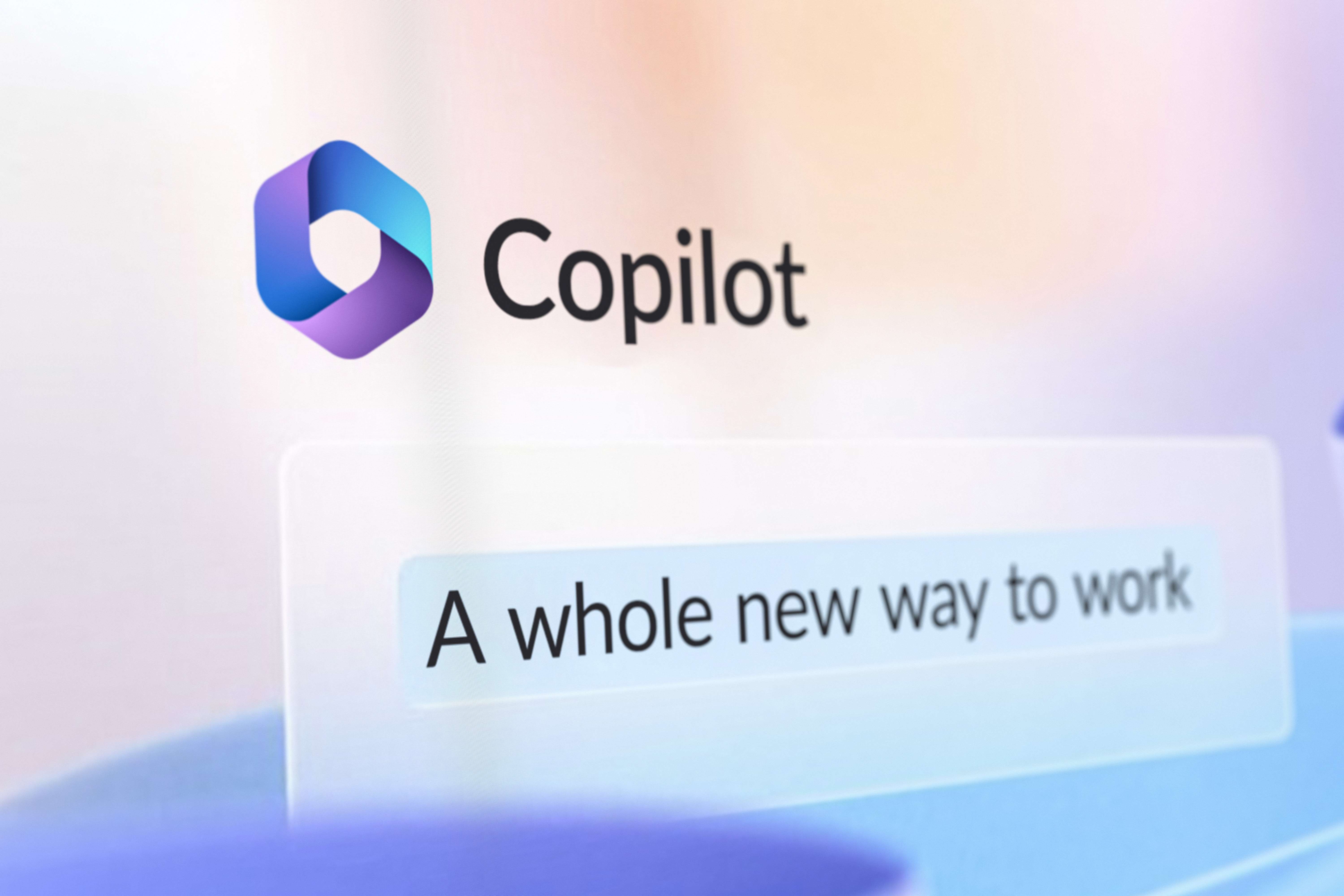Work Smarter, Not Harder: Boost Productivity with Microsoft Copilot
Remember the days of endless email sorting, tedious data entry, and the constant struggle to stay on top of overflowing to-do lists? In today's...
Companies are continually seeking ways to enhance efficiency, reduce costs, and maintain a competitive edge. One of the most transformative technologies facilitating these objectives is Artificial Intelligence (AI). From small enterprises to global conglomerates, AI is revolutionising how businesses operate, making processes more efficient and decision-making more informed. At Fitzrovia IT, we’ve seen firsthand how AI can redefine business operations. Let's delve into how AI is streamlining business operations across various domains.
AI excels at automating mundane and repetitive tasks, freeing up human employees to focus on more strategic activities. In customer service, AI-powered chatbots handle common queries and issues, providing instant responses and efficient resolutions. This not only improves customer satisfaction but also reduces the workload on human agents.
In accounting, AI can automate invoice processing, expense tracking, and payroll management. These systems can quickly process large volumes of data with high accuracy, reducing the risk of human error and ensuring timely financial operations.
One of AI’s most significant contributions is in data analysis. Businesses generate massive amounts of data daily. AI algorithms can analyse this data to uncover patterns, trends, and insights that might be missed by human analysts.
For example, in retail, AI can analyse customer behaviour to predict purchasing trends, optimise inventory levels, and personalise marketing campaigns. In healthcare, AI can process patient data to assist in diagnosis, predict disease outbreaks, and personalise treatment plans.
By transforming raw data into actionable insights, AI empowers businesses to make informed decisions swiftly and accurately, thus gaining a strategic advantage.
AI is revolutionising supply chain management and logistics. AI systems can predict demand more accurately, optimise inventory management, and streamline the entire supply chain process. Machine learning algorithms analyse past sales data, market trends, and external factors like weather patterns to forecast demand. This enables businesses to maintain optimal inventory levels, reducing both excess stock and stockouts.
In logistics, AI-powered systems optimise routes for delivery vehicles, reducing fuel consumption and delivery times. For example, companies like UPS and Amazon use AI to design efficient delivery routes and predict the best delivery windows, ensuring timely and cost-effective service.
AI is instrumental in enhancing customer experience by providing personalised interactions and services. AI-powered recommendation systems, like those used by Amazon and Netflix, analyse user behaviour to suggest products or content that match individual preferences. This personalisation increases customer satisfaction and drives sales.
Additionally, AI-driven customer service platforms use natural language processing (NLP) to understand and respond to customer inquiries in real time. These systems can handle multiple languages and can be available 24/7, providing consistent and efficient customer support.
Human Resources (HR) departments are also benefiting from AI. Recruitment platforms use AI to screen resumes, assess candidate fit, and even conduct initial interviews. These systems can quickly process thousands of applications, identifying the most qualified candidates without bias.
AI tools are also used in employee performance management. By analysing data on employee productivity, engagement, and feedback, AI can provide insights into individual performance and suggest personalised development plans.
Moreover, AI-driven employee engagement platforms can monitor sentiment and morale, helping HR teams to proactively address issues and improve workplace culture.
In an era where cybersecurity threats are becoming increasingly sophisticated, AI plays a crucial role in protecting business operations. AI systems can detect and respond to security threats faster and more accurately than traditional methods. They analyse patterns and behaviours to identify anomalies and potential breaches in real time.
For example, AI can detect unusual login attempts, unusual data transfers, or malware by analysing network traffic and user behaviour. This proactive approach enables businesses to prevent cyberattacks before they cause significant damage.
The shift to remote work, accelerated by the COVID-19 pandemic, has presented new challenges for businesses. AI is helping to address these challenges by facilitating remote collaboration and communication. AI-powered tools like virtual assistants, project management platforms, and video conferencing systems help teams work efficiently from different locations.
AI can also monitor remote work environments to ensure productivity and security. For instance, AI tools can analyse work patterns to suggest the best times for meetings or flag potential security risks in remote access to company systems.
AI is a catalyst for innovation. By analysing market trends and consumer feedback, AI can identify opportunities for new products or services. AI-driven design tools can generate ideas and prototypes faster than traditional methods, accelerating the product development process.
In industries like pharmaceuticals, AI accelerates the discovery of new drugs by analysing biological data and predicting the efficacy of potential compounds. In manufacturing, AI optimises product design and production processes, leading to higher quality and lower costs.
As AI continues to evolve, its impact on business operations will only grow. From automating routine tasks to enhancing decision-making and improving customer experiences, AI offers unprecedented opportunities for efficiency and innovation. At Fitzrovia IT, we are committed to helping our clients harness the power of AI to streamline their operations and stay ahead in a competitive market. Embracing AI is not just a technological upgrade; it’s a strategic move towards a smarter, more agile, and future-ready business.
For businesses looking to leverage AI, the key is to start with clear objectives and a robust implementation strategy. Whether it's through automating processes, enhancing customer interactions, or improving supply chain efficiency, the potential benefits of AI are immense and far-reaching. To find out more about how AI integration can unlock new opportunities and drive sustainable growth, please click here - https://hubs.li/Q01ZM0p30, or call us on 020 3727 6020.

Remember the days of endless email sorting, tedious data entry, and the constant struggle to stay on top of overflowing to-do lists? In today's...

How AI Automation Is Transforming Business Processes

Today, efficient project management is more crucial than ever. With projects becoming increasingly complex and teams often dispersed across various...